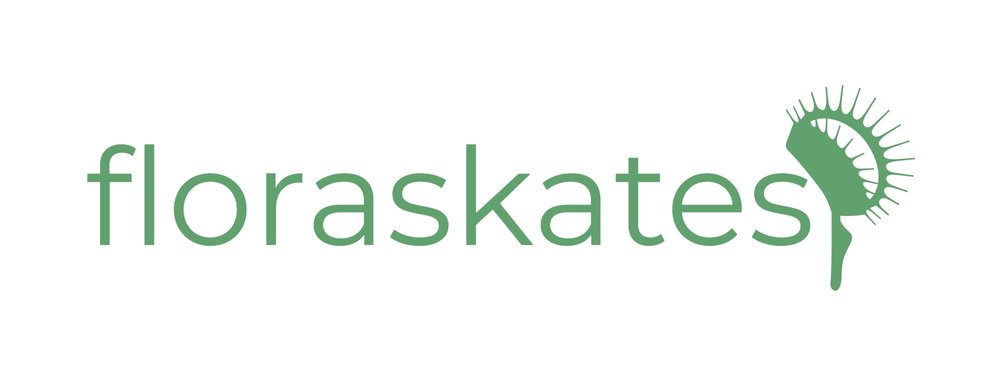"Not all sides have a newspaper to speak for them" - "It's a good thing, then, that some of them have you"
This conversation (between protagonist Esme and her father) perfectly sums up what this beautiful book, The Dictionary of Lost Words, is all about.
I used to think of the dictionary as being this unquestionable, objective document - a reference book for all words, their spellings and meanings. But this book tells a different story. It's about the words (and meanings of words) that were missing from the dictionary's earliest pages - particularly women's words.
Set in England during the time of World War I and the women's suffrage movement, it tells a fictionalised tale of a true event: the creation of the Oxford English Dictionary.
Esme (the main character) is fictional, but her experiences and many of the people, places, and events featured are based in truth. She spends her childhood in the Scriptorium (or ‘Scrippy’), where the dictionary was compiled. One day, a slip of paper with the word 'bondmaid' is lost beneath a table, and Esme finds it and keeps it. So begins her journey to discover and learn about the words and meanings spoken by different groups of women, many of which were left out of the pages of newspapers and books.
For example, words like 'sisterhood', which has such a positive connotation in my mind, but was then defined as "used loosely to denote a number of females having some common aim, characteristic or calling. Often in a bad sense". Newspaper clippings referred to women fighting for gender equality as a "shrieking sisterhood" 🙄
I got to hear a little behind-the-scenes of the writing of this book from Pip Williams at Perth Festival Writers Weekend recently. She spoke about her background as a social scientist, and the importance of rigorous methods in producing a document like the dictionary. She said (I'm paraphrasing slightly here): "if the dictionary is written by men, paid for by men, and only uses textual references from literature which at the time was mostly written by men... then there will be a bias towards the male experience". Seems obvious when you think about it that way, right?
The women who did contribute to the dictionary were so often cast to the side-lines. One of those women, Edith Thompson, features in the story. Pip Williams used Edith's real name for her dictionary work, and a made-up nickname (Ditte) for her scenes with fictional Esme. In both the book and reality, Edith spent much of her life writing for the Dictionary, and yet she was not invited to join in the celebrations when it was all finally published. Instead, Edith was only allowed to stand on the balcony and watch on as the men ate.
Reflecting on this book and its “secret feminist history” has felt especially relevant this past week, with celebrations of International Women's Day last Tuesday. We've come a long way in gender equality, but there's still so much work to be done. We must interrogate and challenge the status quo, things like dictionaries, and ask what other words (and the people who speak them) have been accidentally lost? Or purposefully left out? The power of language, and how language can be used to uphold or dismantle the status quo, is such an important thing to recognise, and I am definitely still learning.
I want to end with another point about language that Pip brought up at the Writer’s Weekend. She spoke about her experiences with dyslexia, and how important reading and writing were for her growing up - “writing was how I expressed myself, despite having trouble with words”. She challenged the way we can sometimes edit other people’s writing, including children’s writing - focusing more on spelling errors and word choices, rather than celebrating their message, their creativity and innovation. I loved what she said, “the important thing about a word isn’t what it looks like, but what it means”.
What do you think? Have you read The Dictionary of Lost Words? I’d love to know what you thought!

